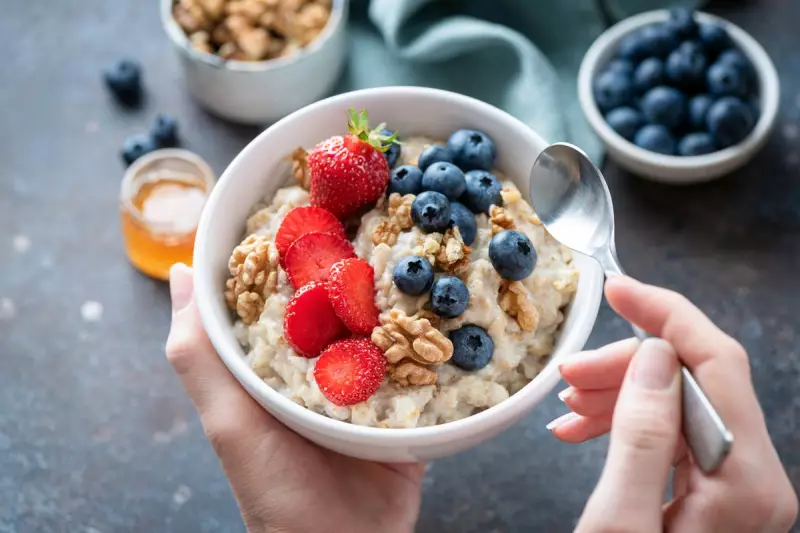
For generations, we've been told breakfast is the most important meal of the day - but new scientific evidence from UK researchers reveals this isn't just an old wives' tale. The timing of your first meal may significantly influence your body's inflammatory responses and disease risk.
The Science Behind Morning Fuel
Researchers have discovered that when you eat matters just as much as what you eat. The study reveals that skipping breakfast triggers inflammatory responses in the body that can lead to:
- Increased risk of developing type 2 diabetes
- Higher likelihood of cardiovascular problems
- Accelerated cellular aging and damage
- Disruption of natural circadian rhythms
Why Your Body Craves Morning Nutrition
Breaking the overnight fast does more than just satisfy hunger. It signals to your body that it's time to kickstart metabolic processes and regulate blood sugar levels effectively throughout the day.
"The morning meal acts as a crucial reset button for your internal clock," explains the research. "Without this signal, your body remains in a stressed, fasting state that promotes inflammation."
Practical Tips for Breakfast Success
- Time it right: Aim to eat within two hours of waking
- Balance is key: Include protein, healthy fats, and complex carbohydrates
- Keep it consistent: Regular morning eating patterns yield the best results
- Quality matters: Whole foods outperform processed breakfast options
The Long-Term Impact
This isn't just about morning hunger pangs. The research demonstrates that consistent breakfast consumption correlates with better long-term health outcomes, including reduced chronic disease risk and improved metabolic health.
The evidence is clear: making time for breakfast isn't just a healthy habit - it could be a crucial factor in preventing serious health conditions down the line.





